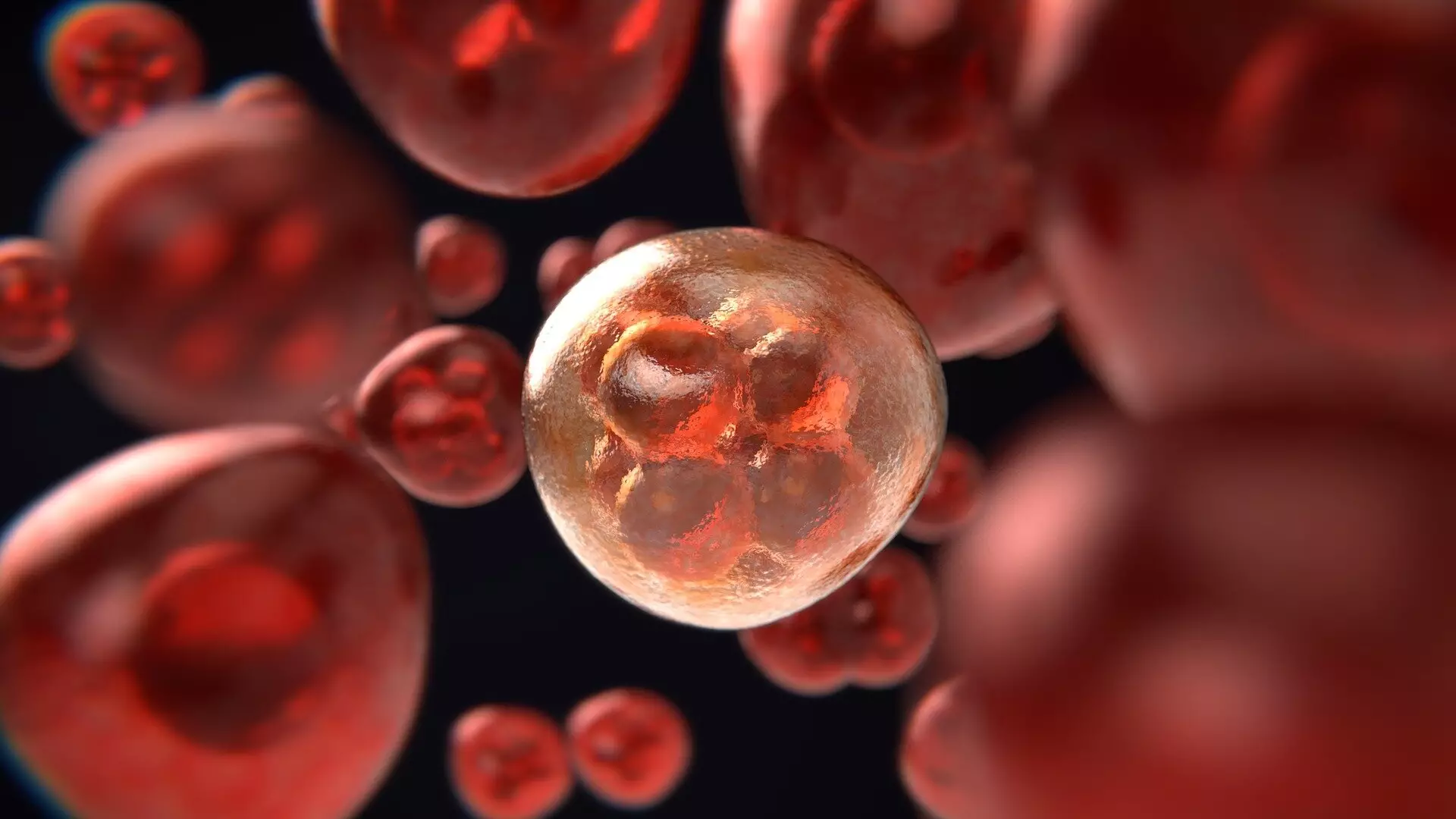The latest advancement in cancer research is giving scientists the ability to peer into individual cancer cells and observe how they interact with surrounding cells. This breakthrough technique allows researchers to analyze the lipid composition of single cancer cells, providing valuable insights into their behavior. A collaborative study led by the University of Surrey, in partnership with GSK, UCL, and Yokogawa, has paved the way for a new era in cancer cell analysis. Published in Analytical Chemistry, the research has significant implications for understanding the complexity of cancer cell biology.
The Significance of Studying Single Cells
Dr. Johanna Von Gerichten, a researcher from Surrey’s School of Chemistry and Chemical Engineering, emphasizes the importance of studying individual cancer cells. Unlike bulk analysis, which averages out the characteristics of a cell population, studying single cells allows for a more nuanced understanding of cellular heterogeneity. Cancer cells exhibit varying responses to treatments, with some cells being more resistant than others. By isolating and analyzing single cells, researchers can uncover unique characteristics that may be crucial for developing personalized cancer therapies.
In the study, individual pancreatic cancer cells were isolated using Yokogawa’s Single Cellome System SS2000. This innovative technique utilizes tiny tubes with a diameter of 10 µm to extract live cells from a culture dish. By staining the cells with fluorescent dye, researchers were able to visualize the lipid droplets inside the cells, which are believed to play a significant role in cancer progression. Collaborating with Sciex, a mass spectrometry method was developed to analyze the lipid composition of the cells. This analytical approach provided valuable insights into the lipid profiles of different cancer cells and how they change in response to their microenvironment.
Future Directions and Collaborations
Professor Melanie Bailey, a key researcher involved in the study, highlights the potential of this new technique in advancing cancer research. By collaborating with scientists across the UK through the SEISMIC facility, the research team aims to apply this method to other cell types to enhance our understanding of infection, immunity, and other cellular phenomena. Additionally, as part of an International Atomic Energy Agency program, researchers will investigate the impact of irradiation on cancer cells to unravel the mechanisms of radiation resistance.
Dr. Carla Newman, Associate Director of Cellular Imaging and Dynamics at GSK, underscores the transformative potential of this new approach in cancer research. The ability to study individual cancer cells in unprecedented detail opens up new possibilities for developing targeted therapies. By unraveling the intricate communication networks between cancer cells, researchers may uncover novel treatment strategies that could revolutionize cancer care in the future.
The ability to study single cancer cells and analyze their lipid composition represents a significant advancement in cancer research. By leveraging cutting-edge technology and interdisciplinary collaborations, scientists are shedding new light on the complexity of cancer biology. This breakthrough paves the way for more precise and personalized cancer treatments, offering hope for improved patient outcomes in the fight against cancer.


Leave a Reply